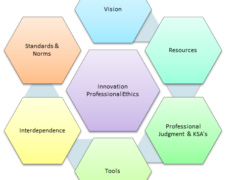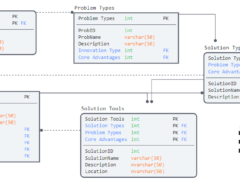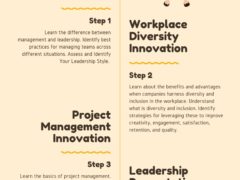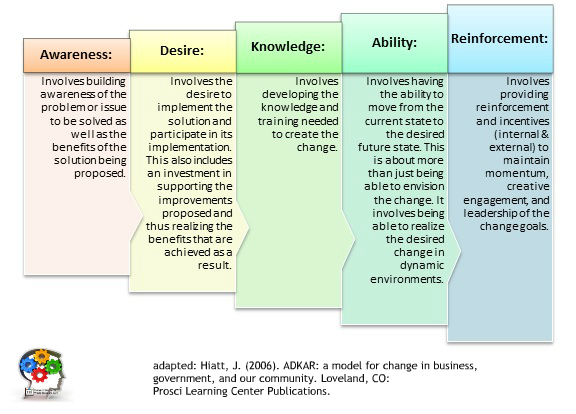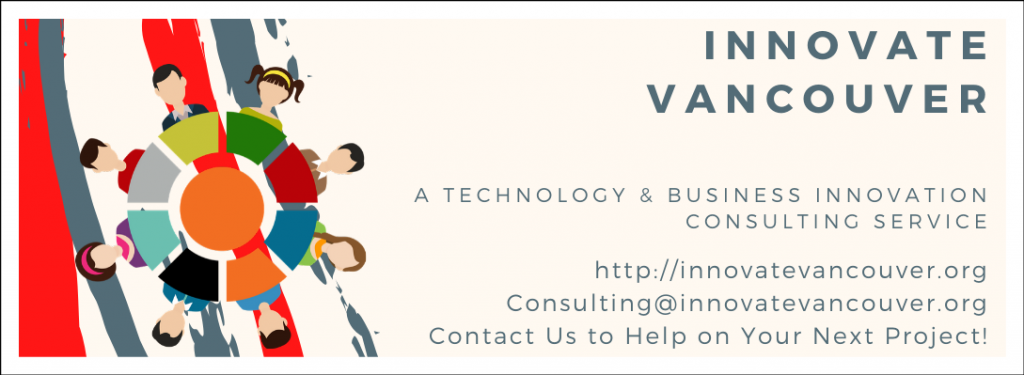Professional ethics define the values, guidelines, and norms for a specific profession. These norms are developed to help establish a consistent behaviour for professionals working within a specific subject matter area. They set a standard. These norms are updated as best practices, technologies, and research insights evolve.
DOMAINS
Confirming, description, and identifying best practices for implementing professional ethics involve consideration of the following domain areas:
Industry
Professional ethics are specific to an industry, subject matter, tools used, and goals pursued. Due to their complexity, these norms are often described at a high level. Each professional must adapt and implement based on changing circumstances.
Judgment

Case examples and experience further inform the professional’s judgment. Each business situation tests the constraints and limitations. The professional faces constant challenges. They must adhere to these professional ethics. This is despite available shortcuts, easy paths, or opportunities. These opportunities can benefit the professional but undermine their ethics.
Goals
Professional ethics help evaluate goals. They determine what strategies or tools can be used. They also consider the processes that can be undertaken. As barriers are encountered, these professional ethics help maintain focus on the project/ops goals despite the inconvenience to self.
These norms also help the professional to:
- Evaluate whether a project should be supported (or if it is feasible),
- Whether the skills or resources available (particularly as pertaining to the professional) are adequate to deliver the project per specification, &
- How to best support the project (based on norms, evidence-based practices, and current research)
There are thus times when the professional is required to withdraw from a project due to conflicts of interest or inability to support a project further (resources, KSA’s, or value congruence, etc.). This professional practice is supported by the individual’s professional ethics. However, it can be a source of conflict for companies. They may wish to pursue a project or strategy that is incongruent with the professional’s ethics.
Making one’s professional ethics and standards clear at the beginning of project negotiations can help. This clarity can avoid some of these awkward moments. It also structures the process used to resolve them.

Professional ethics establish expectations about standards. They guide how relationships will be managed. Conflicts are resolved and priorities evaluated. These norms also help to evaluate priorities. They resolve conflicts and sustain goal focus and alignment. This is important as the environment, resources, and performance momentum change.
INNOVATE VANCOUVER’S PROFESSIONAL CODE OF CONDUCT
The following represent Innovate Vancouver’s professional ethics. These are used to explain the guidelines for the following areas:
- Confidentiality
- Duty of Care
- Conflict of Interest
- Fees
- Payment
- Intellectual Property & Moral Rights
- Quality Assurance
- Professional Conduct
- Equality & Discrimination
- Code of Conduct
STATEMENT
The following outlines the guidelines and principles by which consultants of Innovate Vancouver are
professionally bound to follow.
Confidentiality
We are committed to maintaining the highest degree of integrity in all our dealings with potential,
current and past clients. We prioritize normal commercial confidentiality. We also ensure the protection of all
personal information received in the course of providing the business services concerned. We
extend the same standards to all our customers, suppliers and associates.

Ethics
We always conduct our own services honestly and honourably, and expect our clients and suppliers
to do the same. Our advice, strategic assistance and the methods imparted through our training take proper account of ethical considerations. They provide protection and enhancement of the moral position of our clients and suppliers.
Duty of care
Our actions and advice will always conform to relevant law. We believe that all businesses and
organizations, including this consultancy, should avoid causing any adverse effect on human
rights. This includes the rights of people in the organizations we deal with. It also includes the local and wider environments and the well-being of society at large.
Conflict of interest
Our consultancy services are sensitive in nature. Therefore, we will not provide a service to a
direct competitor of a client. We generally try to avoid any dealings with competitor companies. This applies even after the cessation of services to a client.
Contracts
Our contract will usually be in the form of a detailed proposal, including aims, activities, costs,
timescales, and deliverables. The quality of our service and the value of our support provide the only
true basis for continuity. We always try to meet our clients’ contractual requirements.
This is especially important for situations requiring more official parameters and controls
from an external funding provider.
Fees
Our fees are always competitive for what we provide, which is high quality, tailored, specialized service. We do not generally offer arbitrary discounts. Price reductions are usually enabled by reducing the level or extent of services to be delivered. That said, we always try to propose solutions which accommodate our clients’ available budgets and timescales. Wherever possible, we agree on our fees and basis of charges in advance. This way, we and our clients can plan reliably for what lies ahead. We can also understand how it is to be achieved and financially justified.
Payment
We aim to be as flexible as possible in the way that our services our charged. Some clients prefer fixed project fees. Others are happier with retainers. We try to fit in with what will be best for the client.
We make no attempt to charge interest on late payments, so we expect payments to be made
when agreed.
Intellectual property and moral rights
We retain the moral rights in all intellectual property that we create. We also retain ownership unless agreed otherwise in advance with our clients.
In return, we respect the moral and intellectual copyright
vested in our clients’ intellectual property.
Quality assurance
We maintain our quality through constant review. This involves ongoing communication with our clients about all aims, activities, and outcomes. We also assess the cost-effectiveness of every activity.
We encourage regular review
meetings and provide regular progress reports.
Professional conduct
We conduct all of our activities professionally and with integrity. We take great care to be completely
objective in our judgment. We always give recommendations that are based on the best and proper interests of our clients. Issues are never
influenced by anything else.
Equality and discrimination
We always strive to be fair and objective in our advice and actions. We are never influenced in our decisions, actions, or recommendations by issues of gender, race, or creed. Colour, age, or personal disability do not affect us.
PROFESSIONAL JUDGMENT
Professional ethics and professional judgment are thus permanently intertwined. Contractors and consultants, for example, must adhere to professional practice ethics. These ethics are relevant to their industry, license, and area of work. These are particularly emphasized as the magnitude of the project’s impact increases (which also considers the impact of possible risks).
Not adhering to these ethics creates opportunities for litigation. These ethics are informed by current research. They are also based on established evidence-based practices for a given area. This is particularly the case when projects that fail to deliver specifications.
Project management best practices are often used to ensure the strategies and resources deployed meet the exact specifications. These practices are authorized by the project sponsor. The initiation stage of the project (PMBOK, 2016) defines the project specifications. The planning stage details the requirements and goals. The execution, monitoring, and closing phases support specification adherence. They also employ quality assurance mechanisms.
THE AGILE MANIFESTO
The agile manifesto (when relevant) provides additional clarification regarding the processes, relationships, and tools used for projects in agile environments.
We are uncovering better ways of developing software by doing it and helping others do it. Through this work we have come to value:
- Individuals and interactions over processes and tools
- Working software over comprehensive documentation
- Customer collaboration over contract negotiation
- Responding to change over following a plan
That is, while there is value in the items on the right, we value the items on the left more.
Source: AgileManifesto.org
THE INNOVATION STACK
An innovation professional ethics, if drafted, would need to consider the dynamics and interdependency of the innovation stack. This includes the following:
- Society
- Industry

- Software
- Technology
- Strategic Model/ Innovations
- Policies
- Processes
- Culture
- Business Model
- Groups, &
- The Individual
Starting from the bottom of the list, the innovation stack is interdependent with each module dependent on the former. Each also supports and informs the modules that follow. The innovation ecosystem that results is interdependent, which each degree of misalignment impacting the whole system.
INNOVATION PROFESSIONAL ETHICS
In order to maintain the integrity of the innovation stack, and adhere to the professional ethics and agile manifesto described earlier, the following guidelines need to be considered:
- Project goals over individual goals
- Project norms over individual norms
- Project requirements over individual requirements
- Project sustainability over individual sustainability
- Customer values over individual values
Although the above guidelines would benefit further clarification and revision the values remain authentic. The professional does not place their convenience above that of the group or project. If the professional feels ill-equipped to deliver the project’s specifications, the goal is to gain more resources. Alternatively, they should consider their fit for the project.
The goal of innovation is to solve new problems. It also seeks to solve existing problems in new ways. The aim is to improve the quality of life and satisfaction of the customer. Without a satisfied customer, the business will cease to exist. Or worse, the project will deliver specifications that no one wants or needs. The professional must ensure the necessary resources, skills, and tools are available. If not, they should reconsider their fit and provide additional suggestions.
Travis Barker, MPA GCPM
Innovate Vancouver
